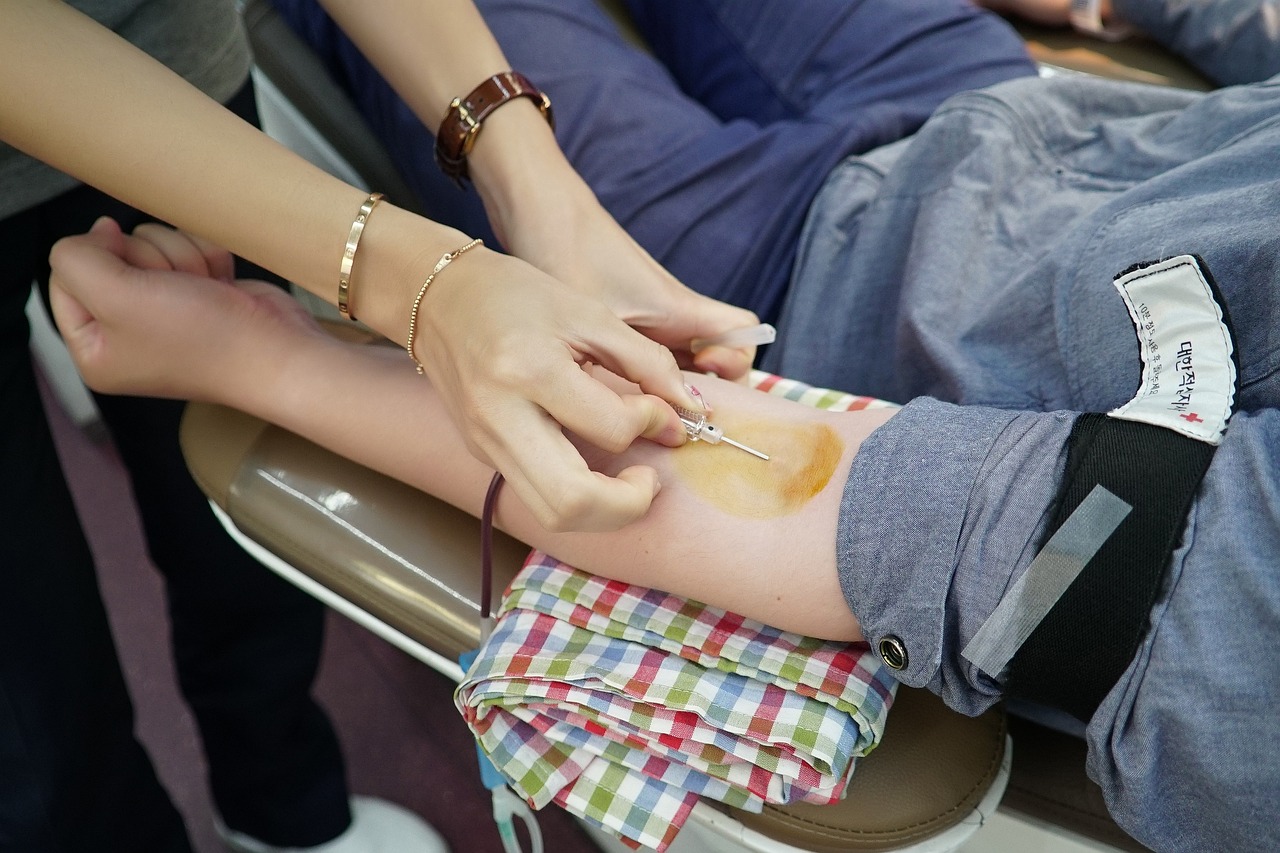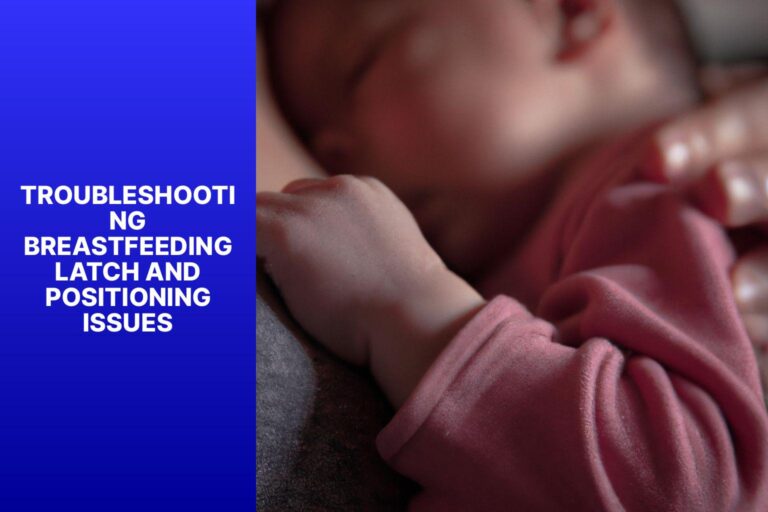Is Melatonin Safe For Breastfeeding?
Sleep is a crucial part of a person’s life and well-being. Breastfeeding mothers need sleep to maintain a steady milk supply, avoid unwanted illnesses, and energize themselves for a full working day.
However, parenthood can be unpredictable, especially when an infant needs milk at night. Many moms experience changes in their regular sleep patterns, which can result in sleep disorders like insomnia.
Humans have a hormone called melatonin, which regulates a person’s sleep-wake cycle. However, you can also find melatonin supplements that can boost this hormone and improve sleep. However, is melatonin safe for breastfeeding mothers?
How Much Melatonin Can I Take While Breastfeeding?
Many people use melatonin supplements to improve their sleep, from jet lags to insomnia. While it is not enough to cure chronic insomnia, many people find melatonin as a start to a good night’s sleep.
Melatonin is considered safe for short-term use. Unfortunately, there is not a lot of research to suggest that this supplement is safe in the long run. While some breastfeeding mothers have used melatonin short-term while nursing their infants, the National Center for Complementary and Integrative Health (NCCIH) warns that there is no robust research done to explore the long-term effects of melatonin on breastfeeding mothers and their babies.
Naturally produced melatonin can find its way into breast milk and might benefit your baby’s sleep. However, the same effects cannot be said when taking melatonin supplements. Melatonin is higher at night since the hormone increases as it gets darker.
It is advisable to first approach your healthcare provider when taking melatonin, especially while breastfeeding. Your doctor may only recommend melatonin if taken short-term and not as a maintenance drug.
What Can You Take for Insomnia While Breastfeeding?
Melatonin supplements can help with insomnia, but it is not a cure. Melatonin does not work for everybody. While some people experience longer and better sleep with melatonin, others might experience little to no changes in their sleep habits.
When it comes to insomnia, you should consult with your doctor before taking any medications, especially while breastfeeding. You should also first ask your doctor about over-the-counter drugs and herbal treatments.
A concern doctors have when a patient takes insomnia medication is that it can find its way into breast milk and cause drowsiness in the baby. Your doctor may prescribe you medication, but it will be at a low dosage and taken for a short period.
Your doctor may prescribe fast-acting benzodiazepines, such as lorazepam or temazepam, for your insomnia. These medications are relatively safe, have a short half-life, and are low-level in breast milk. However, they might not recommend long-acting benzodiazepines.
Most over-the-counter antihistamines are also safe for breastfeeding and can cause drowsiness symptoms. However, they are not recommended to cure insomnia. Patients can immediately build tolerance and may find falling asleep more difficult within the recommended dosage.
Finally, you might also consider herbal remedies to fix your insomnia. Herbal teas and supplements may help, but their effects vary from person to person. The U.S. Food and Drug Administration also does not regulate these herbal treatments, so be careful where you source your alternative medicines.
You can choose from a range of alternative medicines available on the market. You may steep chamomile, lemon balm, passionflower, valerian, or hops tea. Alternatively, you can add a few drops of lavender oil to your pillow or bath for calming effects.
Talk to your healthcare provider before trying one or more of these alternative remedies. And do not feel discouraged if these remedies are not effective for you.
I Took Melatonin While Breastfeeding. Will it Affect My Baby?
If you have had melatonin before while breastfeeding, chances are it should not cause any long-term effects on your baby. Short-term melatonin is generally safe and should not cause any danger. However, consult your doctor before continuing melatonin, especially while taking other medications.
For your infant’s safety, you should avoid bed-sharing while taking melatonin. Bed-sharing can increase the possibilities of strangulation, suffocation, and sudden infant death syndrome (SIDS). Instead, you can place your infant on their back in a crib with a firm mattress.
Natural Sleep Aid while Breastfeeding
Getting sleep while raising a newborn can be a challenge for many parents. However, you do not have to rely on medications and melatonin to naturally get your body clock working correctly again. For parents who are not suffering from chronic insomnia or sleep disorders, you can use natural sleep aids to get your circadian rhythm back in shape.
The first step to better sleep is to watch your caffeine intake. As delicious as a cup of joe is in the morning, it might be the reason why you are having sleeping problems in the first place. Instead, why not settle in bed with a hot cup of milk before sleep.
You can also benefit from putting your phone away for 1-2 hours before bedtime. Instead, do something more relaxing without a bright screen blasting at your eyes. You can read a book or bathe to calm your nerves.
Your surroundings also matter. Your bedroom should be dark and have minimal distractions to increase natural melatonin levels in your body and to keep you sleeping soundly throughout the night.
Meditation and yoga are also great options to tire your body and get some needed rest. Guides for meditation and relaxing exercises are readily available online. You can do at least 10 minutes of stretches before going to bed.
Finally, get as many activities done during the daytime to feel more tired during the night. An active day outside signals your body to spend most of its energy awake and restores during sleep.
FAQ
What sleep aid is safe while breastfeeding?
Short-term melatonin use may be considered safe while breastfeeding. However, this treatment needs more rigorous research to ensure long-term use.
Can melatonin affect a baby?
Babies exposed to natural melatonin from breast milk tend to sleep longer.
What are the adverse side effects of melatonin?
Melatonin can cause mild side effects, including headaches, nausea, dizziness, and daytime drowsiness. Less common side effects might include nightmares, short-term depression, stomach cramps, and mood swings.









